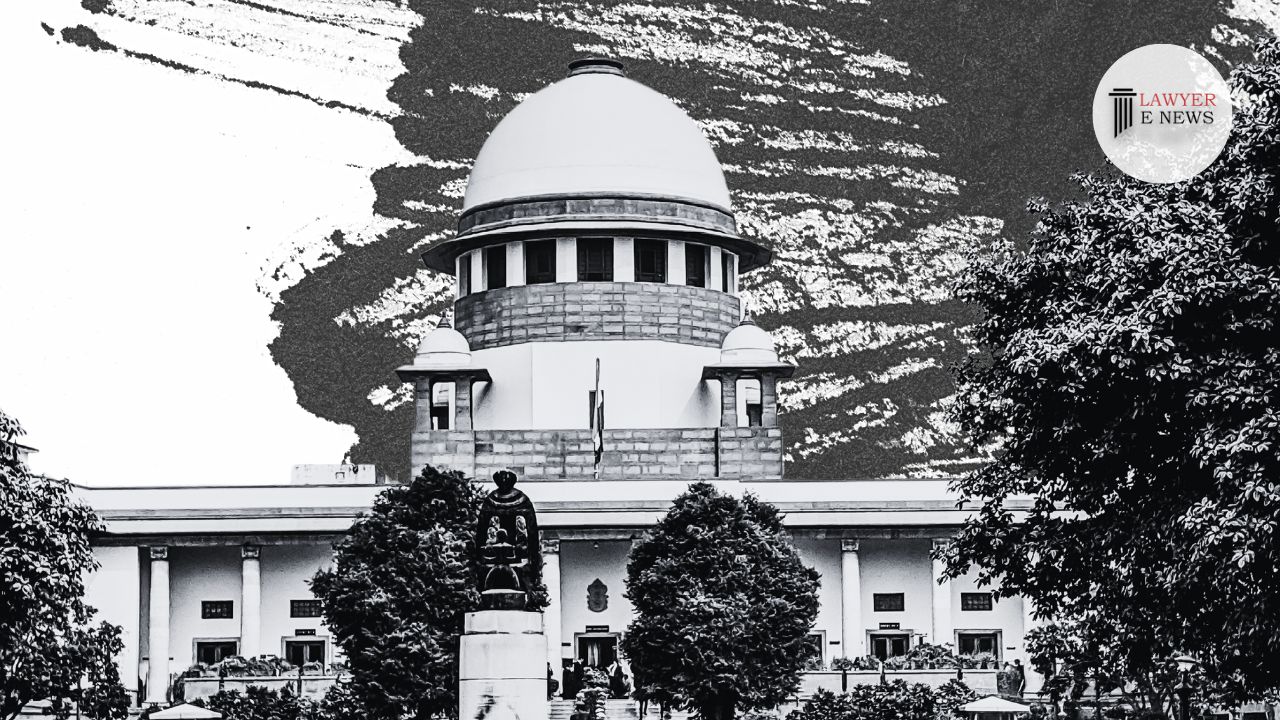-
by Admin
15 February 2026 5:35 AM



Supreme Court of India in P. Srinivasan v. Peta Venkamma alias Peta Venkatamma & Ors., Transfer Petition (Criminal) No. 302 of 2024, addressed a petition seeking the transfer of a criminal case pending in the Court of IVth Additional Judicial Magistrate of 1st Class, Nellore (Andhra Pradesh) to the Saket Court in New Delhi. The petitioner, P. Srinivasan, sought the transfer due to alleged failures in the investigation of a fraud case relating to property ownership. The Supreme Court, instead of transferring the case, ordered a fresh investigation by a new investigating officer, citing procedural lapses and contradictions in the reports submitted by the local police.
The dispute arose over ownership of Survey No. 212/2 in Nellore, Andhra Pradesh, with the petitioner, P. Srinivasan, claiming that his father had purchased the land in 1972. However, subsequent documents and sales deeds led to conflicts over the property. Srinivasan filed C.F. No. 2842/2018 under Section 200 Cr.P.C. read with Section 190 Cr.P.C., seeking the registration of a criminal case against 19 accused persons for alleged fraud. Based on the court’s directions under Section 156(3) Cr.P.C., an FIR was registered as FIR No. 244/2019, with allegations of cheating, forgery, and criminal conspiracy under Sections 416, 419, 420, 463, 464, 467, 468, 471, and 474 IPC read with Section 34 IPC.
Despite the registration of the FIR, the petitioner contended that the Nellore Rural Police Station had failed to conduct any meaningful investigation, prompting him to file multiple applications and protest petitions. These petitions were returned by the court, citing procedural issues, leading Srinivasan to seek the transfer of the case to New Delhi, where he had shifted as a practicing advocate.
The Supreme Court noted significant procedural irregularities in the investigation process. The local police, in their submissions to the Andhra Pradesh High Court, claimed that a Final Report was filed on December 8, 2021, under Section 173(2) Cr.P.C.. However, when the IVth Additional Judicial Magistrate of 1st Class, Nellore reviewed the case records, they found no evidence of such a report being submitted.
“Despite taking a stand before the High Court that the Closure Report has been filed, the SHO, Nellore Rural Police Station has not resubmitted any report.” [Para 9]
The Magistrate’s report highlighted that there was no record of the final report being filed either on December 8, 2021 or when it was allegedly re-submitted on September 18, 2023. These discrepancies led the Court to conclude that the local police had failed to perform their duties under the Criminal Procedure Code (Cr.P.C.).
The Supreme Court emphasized the failure of the investigating officer to conduct a thorough investigation. Despite multiple directions from the judicial authorities, no substantial progress had been made in the case, and protest petitions filed by the petitioner were repeatedly returned by the magistrate due to the absence of a final report.
Although the petitioner sought the transfer of the case to New Delhi, the Supreme Court found that the core issue was the failure of the investigation and not the location of the trial. Given the contradictory reports and procedural lapses, the Court focused on ensuring a proper investigation rather than transferring the case.
Fresh Investigation by New Investigating Officer: The Court directed that the investigation into FIR No. 244/2019 be assigned to a new investigating officer other than the one previously handling the case. The new officer must complete the investigation and file a final report within three months.
“The Senior Superintendent of Police, Nellore is directed to entrust the investigation of FIR No. 244/2019 to a new Investigating Officer… The investigation shall be carried out and taken to its logical conclusion within three months.” [Para 10(i), (ii)]
Nullification of Previous Final Report: The alleged final report dated December 8, 2021, which was claimed to have been submitted by the local police, was declared non-est (null and void) by the Court. The report was found to have no legal bearing on the fresh investigation.
“The alleged report dated 08.12.2021 is declared non-est and it will have no bearing on the fresh investigation.” [Para 10(iii)]
No Transfer of Proceedings: The Court declined the petitioner’s request to transfer the proceedings to New Delhi, as the focus was now on ensuring a fair investigation at the local level. The Court held that with the new directions for a fresh investigation, there was no need for a transfer.
“In light of these directions, we do not deem it necessary to entertain the petitioner’s prayer for transfer of these proceedings.” [Para 11]
The Supreme Court’s decision to order a fresh investigation reflects its commitment to ensuring that procedural lapses do not obstruct the course of justice. By nullifying the contradictory reports and assigning a new investigating officer, the Court aimed to resolve the long-standing dispute in an efficient and transparent manner. The ruling also underscores the judiciary’s oversight in ensuring accountability in criminal investigations.
Date of Decision: September 11, 2024
P. Srinivasan v. Peta Venkamma alias Peta Venkatamma & Ors.
